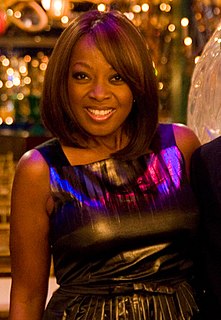A Quote by David Levithan
We are so used to releasing words. We don't know what to do with them if they stay.
Related Quotes
For we let our young men and women go out unarmed in a day when armor was never so necessary. By teaching them to read, we have left them at the mercy of the printed word. By the invention of the film and the radio, we have made certain that no aversion to reading shall secure them from the incessant battery of words, words, words. They do not know what the words mean; they do not know how to ward them off or blunt their edge or fling them back; they are prey to words in their emotions instead of being the masters of them in their intellects.
I have used the words and expressions which my experiences from Minsk to Kharkov to the Don suggested to me. But I should have reserved those words and expressions for what came later, even though they are not strong enough. It is a mistake to use intense words without carefully weighing and measuring them, or they will have already been used when one needs them later. It's a mistake, for instance, to used the word frightful to describe a few broken up companions mixed into the ground: but it's a mistake that might be forgiven.
When I was young, my father used to say, ‘If you are alive, there is hope for a better day and something good to happen. If there is nothing good left in the destiny of a person, he or she will die.’ I thought about these words during my journey, and they kept me moving even when I didn’t know where I was going. Those words became the vehicle that drove my spirit forward and made it stay alive.
The best way to stay away from They is really simple. Stay with the people who have some passion. Stay with the people who know the truth. I like to find the They and turn them into We. I like to take the Theys and herd them. People that are skeptical, the Theys, I can bring them to We as much as I can.





































